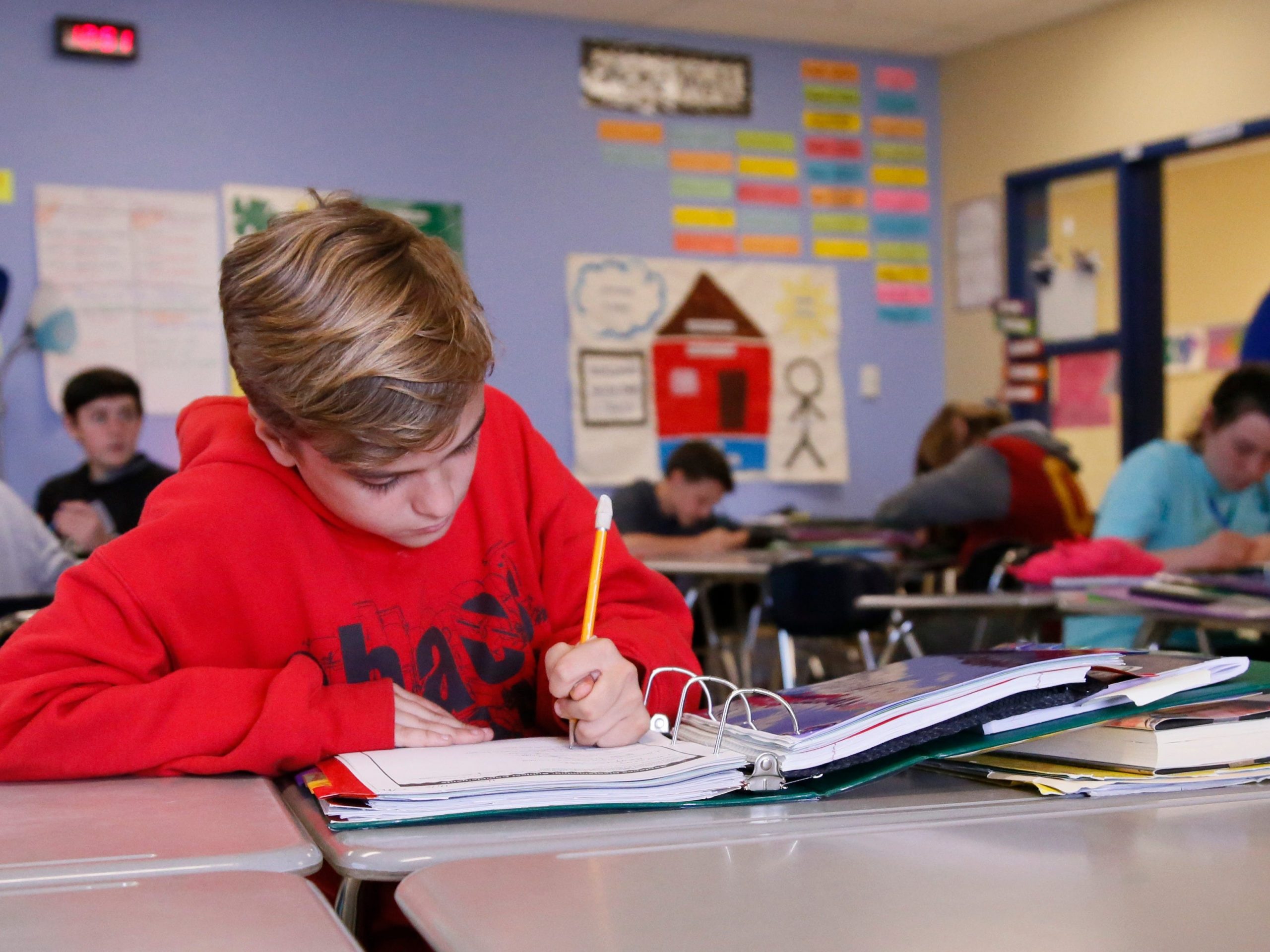- Rebecca Shoval has worked in personal finance and real estate for 10 years and is the creator of The Money Funnies, a free series of animated videos that help teach financial education to adults.
- In her work, she’s noticed a general lack of knowledge about personal finance among people of all education and income levels – even doctors, professors, and people who work in the finance industry.
- Shoval says it’s crucial that schools add comprehensive personal finance to the curriculum so that people can learn how to budget and save – skills that are critical to developing a secure financial future.
- This type of education would also help prepare people to have difficult conversations about money with their aging parents and their partners.
- Visit Business Insider’s homepage for more stories.
At the start of the coronavirus shutdowns in March, many Americans had no savings to fall back on. Do people deserve to be paid more? Absolutely. But no amount of income is going to teach people to become savvy budgeters and savers, skills which are critical to developing a secure financial future.

On a macro level, we need to tackle this problem from the start and add comprehensive personal finance to our educational curriculum. These fundamental skills need to be taught in middle school and again in high school, on age-appropriate subjects. (It’ll help these kids understand the true cost of that Billie Eilish merch they want.)
I’ve spent the last 10 years working in personal finance and real estate. During that time, I’ve learned a great deal about my own financial needs and behavior, but I’ve simultaneously found a general lack of knowledge among people of all education and income levels. I’ve had conversations with very well-educated friends, medical doctors, and college professors who don’t understand introductory personal finance. And ironically enough, even many people who work in the finance industry know more about corporate finances than their own.
We ask a lot of members of our society when it comes to financial decision-making.
We expect adults to be able to tackle a myriad of personal financial matters, from deciding whether to rent or buy a home to saving for retirement. We ask 17- and 18-year-old high school students to pick colleges and potentially be saddled with debt from those choices for next 25+ years. (Pick in-state public colleges. Your adult self will thank you.)
Yet we don't equip people with the skills to make these decisions. When we finally learn about credit scores in our 20s, it's truly a rude awakening. Even if people understand that taking on lots of debt can hurt your credit score, how many know that a lack of debt is also a problem? Young people lucky enough not to have to take on debt via student loans or credit cards end up with low credit scores because they haven't had a consistent payment history.
I'm not just proposing an addition to the math curriculum on how to balance a checkbook. In fact, most Zoomers may never even see a checkbook in their life. Instead, a class specifically focused on personal finance with actionable lessons should cover basic topics like different kinds of bank accounts and how to figure out how much you can spend on rent; as well as more complicated ideas like inflation, insurance, and government agencies that oversee the financial system.
This isn't a new problem; this type of education should have long been part of the curriculum.
Money is a taboo discussion topic for many in our culture, and we need to remove that taboo. This type of education would also help prepare people to have conversations with their aging parents; our middle-aged years will be affected greatly by whether or not we have to take care of our parents financially. We also need to be having these conversations with our partners; they're the people most likely to affect and be affected by our spending habits.
It would be great if every adult took the current upheaval and recession to carve out some time to assess their finances and learn more about how to control them - when they aren't juggling children being home from school, along with work, or looking for work and coping with mental stress. But we must try to address this issue for young people. They deserve to learn how to create good habits to set themselves on a path toward a stable financial future, and we should endeavor to help them find an easier and more straightforward financial course than many of us have had the opportunity to chart.
Rebecca Shoval has worked in the real estate and finance industries for over 10 years and has recently refocused her knowledge and experience to develop a series of animated and engaging personal financial educational videos, Money Funnies, to help provide free financial education for anyone interested. The videos can be found at TheMoneyFunnies.com or @moneyfunnies on Instagram.
